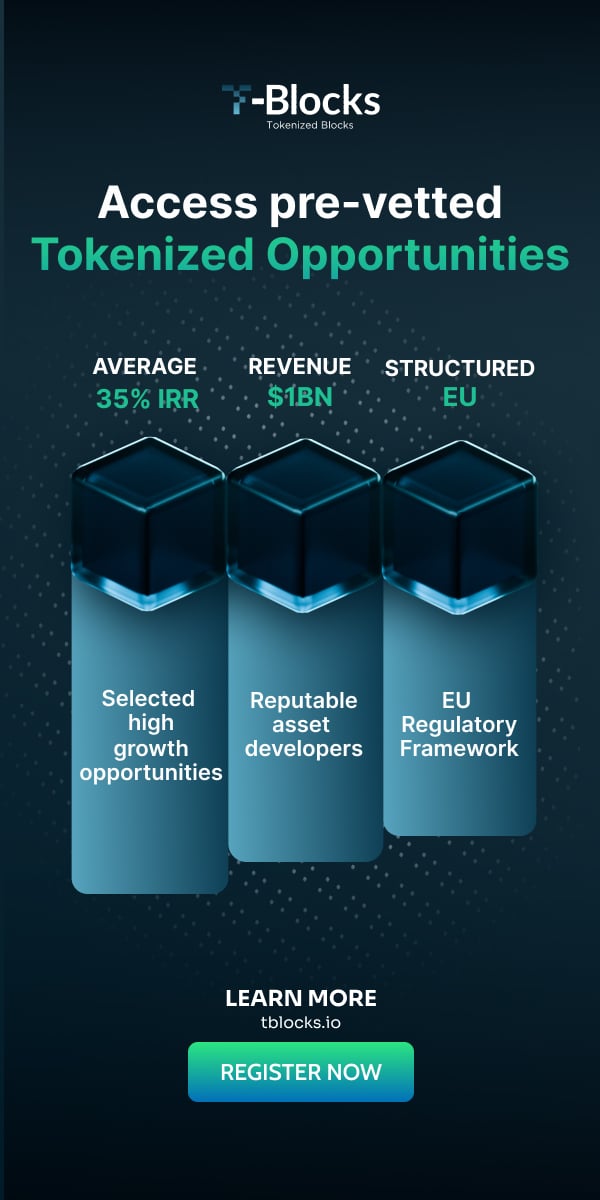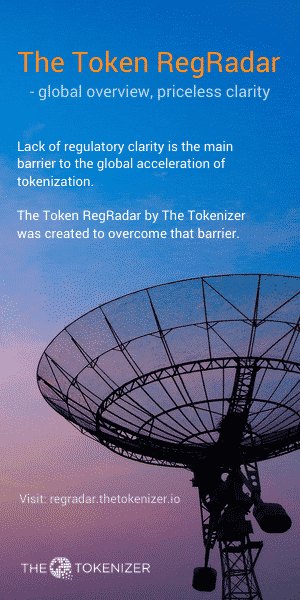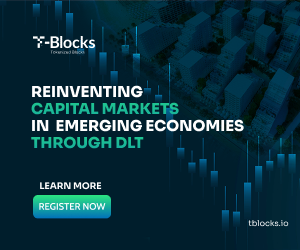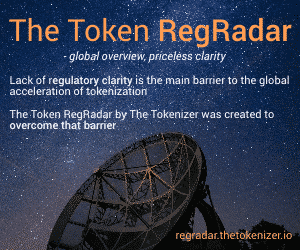Change is on the horizon: should Europe develop into a Token Economy?
The European Blockchain Association just released a research report, “Tokenise Europe 2025”, after compiling an expert working group, gathering players from across the blockchain ecosystem – from payments, financial services, and custody to energy, mobility, supply chain, chemicals, policy, and government sectors to answer the question whether Europe should develop into a Token Economy.
With the wide effect the proliferation of tokens representing value on blockchains could have on various sectors of the economy, the future is starting to look more and more tokenized. While banking and asset management firms head into the blockchain sphere, real-estate tokenization also promises to democratize the industry through fractionalization, indicating a trend towards RWA tokenization for the future.
In order to make sure the benefits of industry 4.0 can be reaped efficiently, Europe must work towards greater coordination at EU level and establish a clearer strategy for the token economy. This strategy can already be seen through the Markets in Crypto-Assets Regulation, the DLT Pilot Regime, and progress toward a future digital euro. Additionally, the private sector needs to be more active in voicing its concerns in the form of engagement with policymakers to facilitate a steady flow of real-world use cases that can scale quickly.
This is why the European Blockchain Association joined the Tokenise Europe 2025 initiative, an initiative founded by the European Commission and German Banking Association (BdB), moderated by Roland Berger. Along with 23 other members, European Blockchain Association undertook extensive expert working groups and boot camp sessions to identify the most pressing matters for realizing Europe’s token economy of the future.
A research report has compiled a targeted strategy for how the private and official sectors can realize this vision. The report’s findings highlight the need for a dedicated tokenization working group at the EU level, able to recognize appropriate use cases that meet the requirements of a lighthouse initiative, which encompasses “broad awareness among European stakeholders with pan-European in reach and visibility.” The lighthouse initiative could motivate the development of an innovation vehicle where European stakeholders could participate in setting its course. This model could then be reproduced for new use cases and “build momentum and density around tokenised solutions to connect Europe at the digital stitches.”
Photo by Markus Spiske on Unsplash
Read other stories: Banque de France on Opportunities and Challenges of the Tokenisation of Finance





















